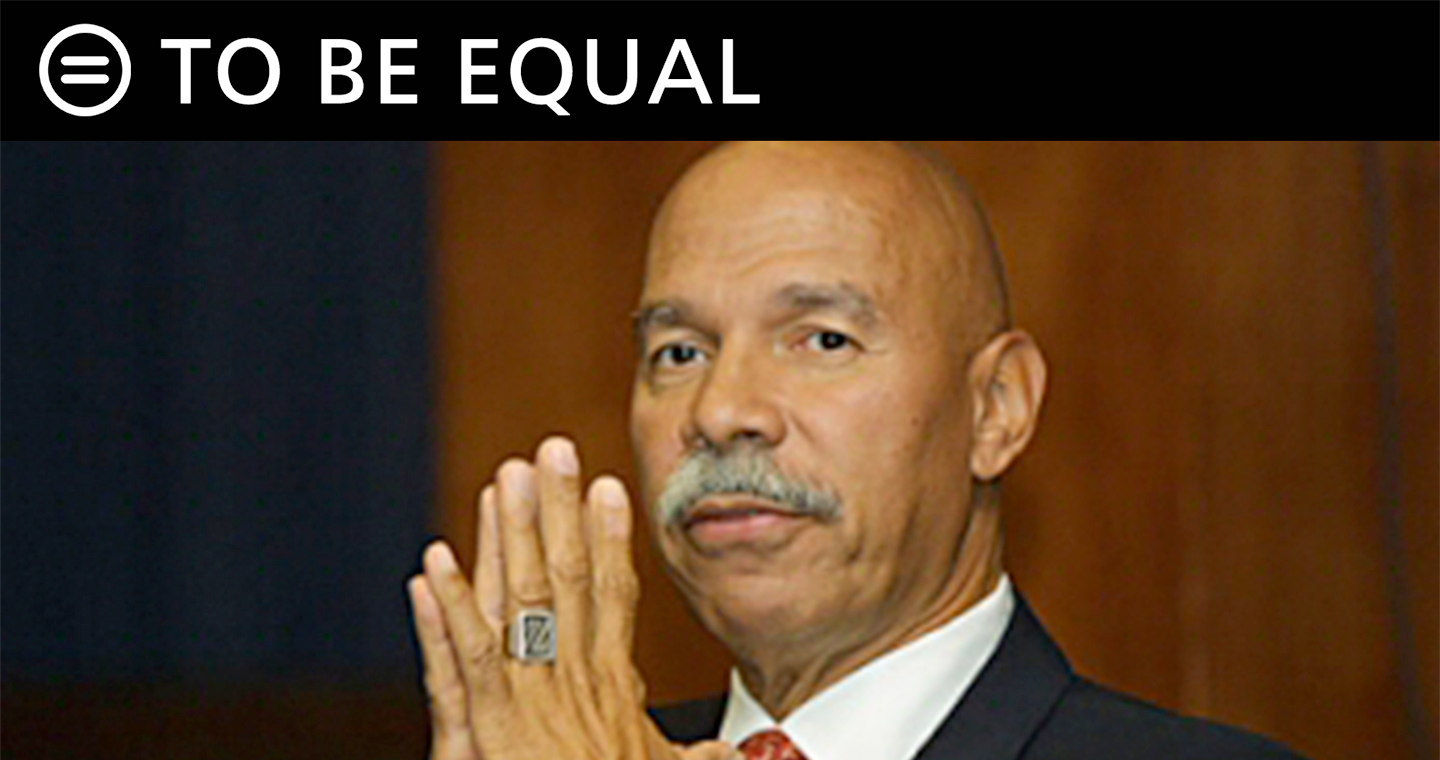Randall Robinson Opened The Door Of Freedom In South Africa And Challenged America

Marc H. Morial
President and CEO
National Urban League
"We want our brothers and sisters in South Africa to know that we are with them today, we will be with them tomorrow, and we will be with them until their final freedom." – Randall Robinson, 1985 National Urban League Conference, Washington, D.C.
Thousands had gathered to hear TransAfrica founder and president Randall Robinson address the National Urban League’s 75th Anniversary Conference.
He almost didn’t make to his own speech. Earlier in the day, he and then-National Urban League President John E. Jacob, along with dozens of other Urban Leaguers, had been arrested at the South African Embassy during a peaceful mass protest against apartheid.
I was arrested during a protest at the same embassy just a few months later. It remains among the great honors of my life to have stood in that movement alongside the man who was singularly responsible for forcing the United States to confront the apartheid regime in South Africa.
Robinson died last week at the age of 81.
That July 1985 protest drew 1,500 people, most of whom were there to take part in the National Urban League Conference where U.S. policy toward South Africa was a major theme. During the demonstration, before he and Jacob were arrested, Robinson said they were delivering ''the knock of freedom on the door of the South African Embassy.”
Within a little more than a year, Congress would override President Ronald Reagan’s veto and impose economic sanctions against South Africa. The resulting withdrawal of large, multinational corporations crippled the South African economy.
Robinson and the organization he founded in 1977 are best known for their role in ending apartheid. But the movement grew out of opposition to U.S. policy toward the former Republic of Rhodesia, then under white minority rule.
"It was 1976, and I was working for Charlie Diggs [then-chairman of House foreign affairs subcommittee on Africa], when several of us became concerned about the administration's handling of the Rhodesia issue," Robinson said in 1993. "Diggs and Andy Young called together some 120 black leaders to figure out what we ought to do. I was named chair of a working group charged with organizing an institution to galvanize black public opinion in support of U.S. Africa policy. That was the beginning of TransAfrica.”
Robinson’s 27-day hunger strike in 1994 pressured the Clinton Administration into changing its policy of turning away Haitian refugees without a hearing.
“My view has always been ... it doesn’t matter whether a country is black or white, left or right, you judge human rights observance with the same yardstick,” he told his hometown newspaper, “And where I have seen human rights abuse, I have criticized it with as much tenacity as I can muster. And that’s been the case in Ethiopia, it’s been the case in Liberia, it’s been the case in Zaire, it’s been the case, of course, in South Africa. And it’s been the case in Haiti.”
Though I still was a teenager when Robinson founded TransAfrica and focused the nation’s attention on human rights abuses there, he inspired me as few others before or since. In the early 1980s, I was part of a leadership team of National Black Law Students Association that pushed for divestment of South African investments by U.S. companies.
I had the privilege of serving with Robinson as a panelist for Tavis Smiley’s State of the Black Union forum in 2009. By then he had been living for several years in St. Kitts, where he emigrated out of frustration toward the nation’s exploitation of people of color and the poor.
"I tried to love America, its credos, its ideals, its promise, its process," Robinson wrote in Quitting America: The Departure of a Black Man From His Native Land. "I have tried to love America but America would not love the ancient, full African whole of me."
The National Urban League mourns his passing and honors his legacy by striving to hold America to its credos, its ideals, and its promise.
###
13TBE 3/30/23 ▪ 80 Pine Street ▪ New York, NY 10005 ▪ (212) 558-5300
Connect with the National Urban League
Facebook: https://www.facebook.com/NatUrbanLeague
Twitter: https://twitter.com/naturbanleague
Instagram: https://www.instagram.com/naturbanleague
Website: https://www.NUL.org
Newsletter: http://bit.ly/SubscribeNUL
YouTube: http://bit.ly/YTSubNUL

